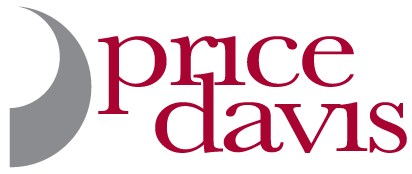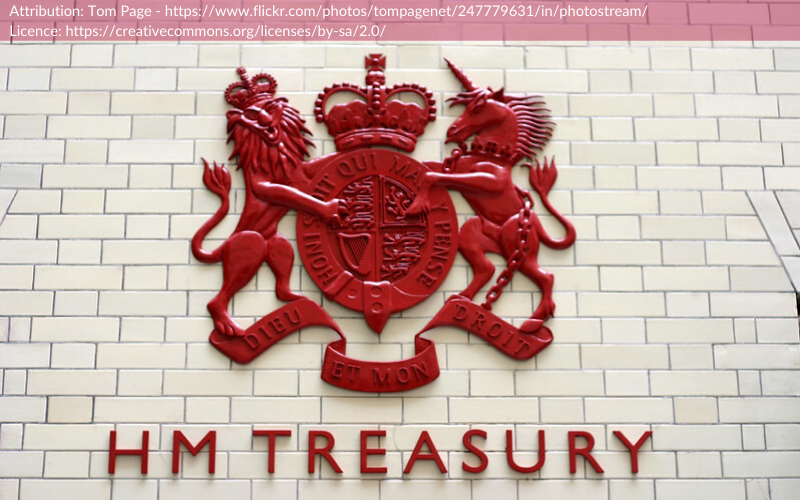Earlier today, the Chancellor of the Exchequer, Rishi Sunak, laid out the latest package of economic measures intended to continue to support businesses and protect jobs where possible, as the UK faces stricter restrictions in the face of rising coronavirus cases.
The announcements today include the new ‘Jobs Support Scheme’ that is intended to replace the current ‘Coronavirus Job Retention Scheme’ (furlough scheme) that is set to come to an end for good at the end of October.
Job Support Scheme
For a 6 month period beginning on 1st November 2020 the Job Support Scheme will replace the Furlough Scheme – but what exactly is the scheme all about:
- Under the scheme, the government will subsidise the pay of employees who are working fewer than normal hours due to lower demand due to Coronavirus
- Workers must do at least a third of their normal hours – Employers will pay staff for the hours they work – The government and the employer will then pay a third each for the hours they can’t work. This equates to the government subsidising a maximum of 22% of an employee’s wages (down from 80% at the start of the furlough scheme)
- The employee will be entitled to receive 77% of their pay, for working at least 33% of their typical hours
- However, the government subsidy will be capped at £697.92 per month
- All small and medium sized businesses will be eligible for the scheme
- Larger business will also be eligible if their turnover has fallen during the crisis
- The new scheme will be open to employers across the UK regardless of whether they have previously used the furlough scheme or not
Self-employed Support
- The chancellor is extending the self-employed grant on similar terms to the Job Support Scheme – this is intended to support traders who will see a decrease in demand over the winter & will cover 20% of the average monthly profits up to a total of £1,875
- The grant will cover three months’ worth of profits for the period from November to the end of January
- A grant will be available to those eligible for the current Self Employment Income Support Scheme Grant
- A further grant may be available to the self-employed to cover February 2021 to the end of April, depending on circumstances
Business Loans
- Businesses that have borrowed money under the ‘Bounce Back Loan Scheme’ will be allowed greater flexibility in the timescale of repayment – extended from 6 years to 10
- The government’s Coronavirus loan schemes is also being extended to the end of November
- Struggling businesses can opt to make interest only payments for six months and those “in real trouble” can apply to suspend repayments altogether for a six month period
- Credit ratings will not be affected by the deferring, or extension of these loan repayments
Tax Changes
- In the Chancellors Summer Statement, the VAT rate was cut for the hospitality & tourism sectors to 5% and it has been confirmed that this rate of VAT will remain until March 2021
- Businesses who deferred their VAT bills will be able to pay back their taxes in 11 smaller interest-free installments rather than in 1 lump sum
- Self-assessment income taxpayers who need it will be granted an extended period to pay

